Or did you perhaps mean the Doji bara / Skull Famine
Hmmm. Fair enough. Now let’s do an exercise: let’s go to lemmy.world search, and look for the words “skull famine”, see how many results we get. Oh, we get exactly 2 results containing the words “skull famine”, two copypastas from 2 years ago which are simply a list of western atrocities. I wonder why a famine in India with 10+ million deaths has only 2 results in lemmy.world… Compare that to the search of the word “holodomor”. My point stands, doesn’t it?
That’s why meaningless phrases like “Demographic extrapolations and comparative economics” are such an easy thing to parrot - you’re just saying “and then we do statistics, QED” without having to engage with the actual difficult part (the math)
Good that you’re a data scientist specializing in public health data modeling! Will be interesting. The thing is, you can easily do these studies for the particular case of the transition to capitalism, because you can use many metrics: alcohol consumption, violent crime statistics, drug use, deaths from certain diseases, expenditure in healthcare, number of suicides… etc. You can take all of those metrics and see how they all vastly increase in the transition to capitalism. Sure, if it were just one of those metrics, then you maybe would be able to say it’s because of another reason, but when all of these metrics consistently rise sharply during a horrifying economic crisis byproduct of capitalism in several post-soviet republics at the same time, you can quite confidently both calculate numbers, and blame them on capitalism. As a matter of fact, this has been done widely for modern capitalist Russia, with this study talking of 3.5 million probable deaths between 1990 and 1998 alone, and this other study by Paul Cockshott reaching the figure of 12 million excess deaths between 1986 and 2008, though this latter one using much simpler methodology. Similar studies can be carried out for Ukraine, which suffered even harder since the crisis took longer to recover, and either way the numbers point towards the millions. And this is only excess deaths, not including lack of childbirth and economic migrations, both also counting in the millions.


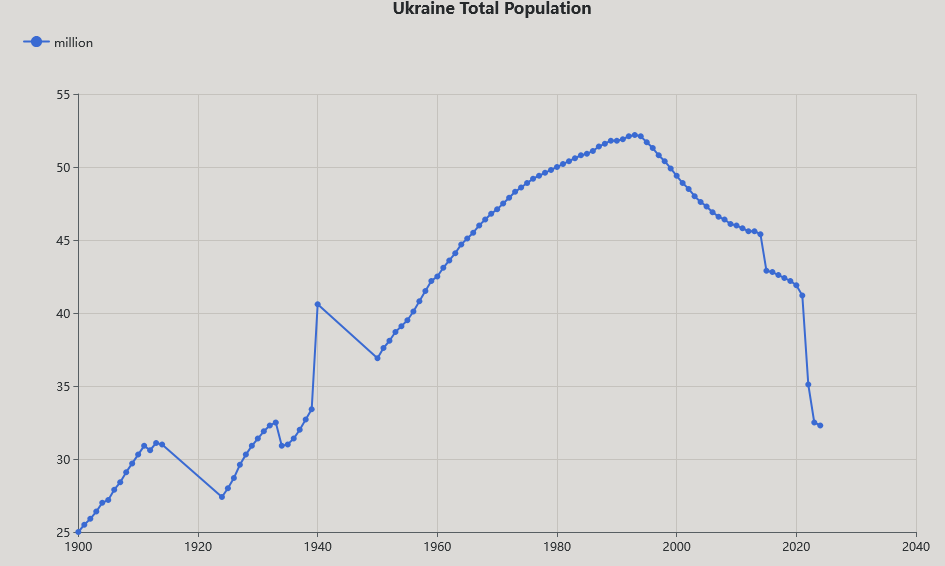
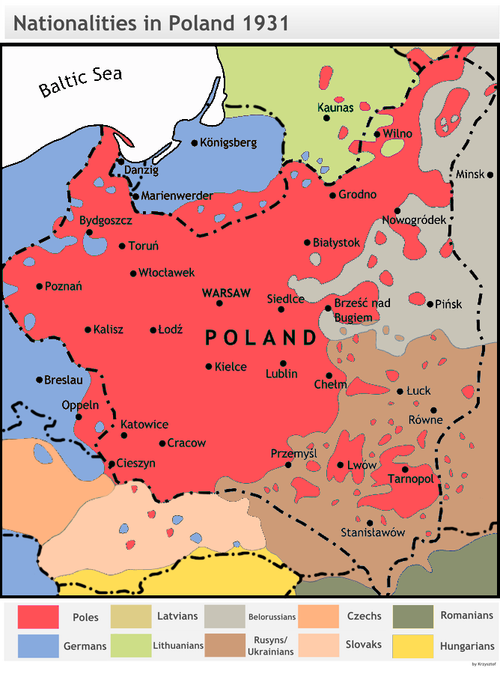
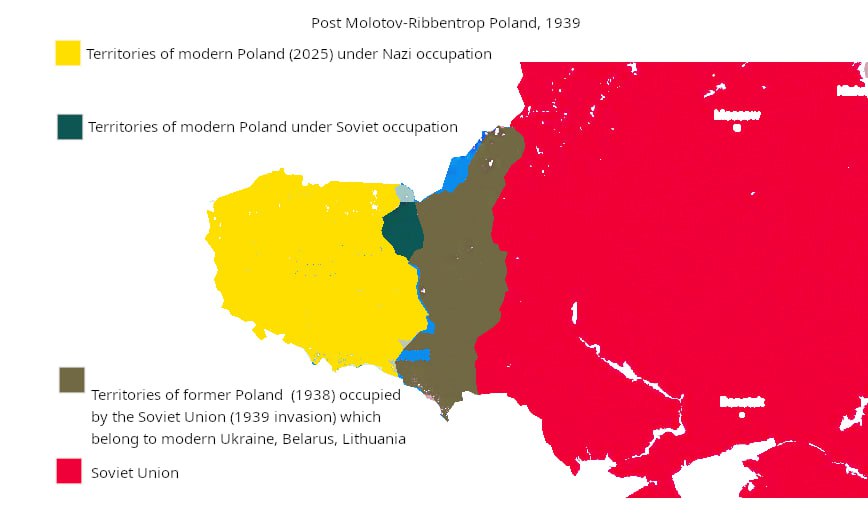
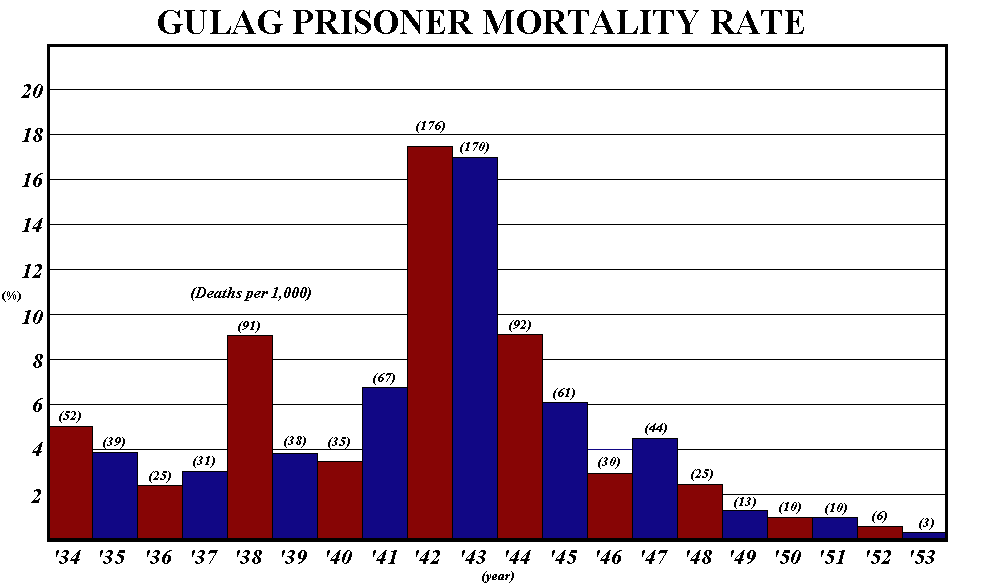
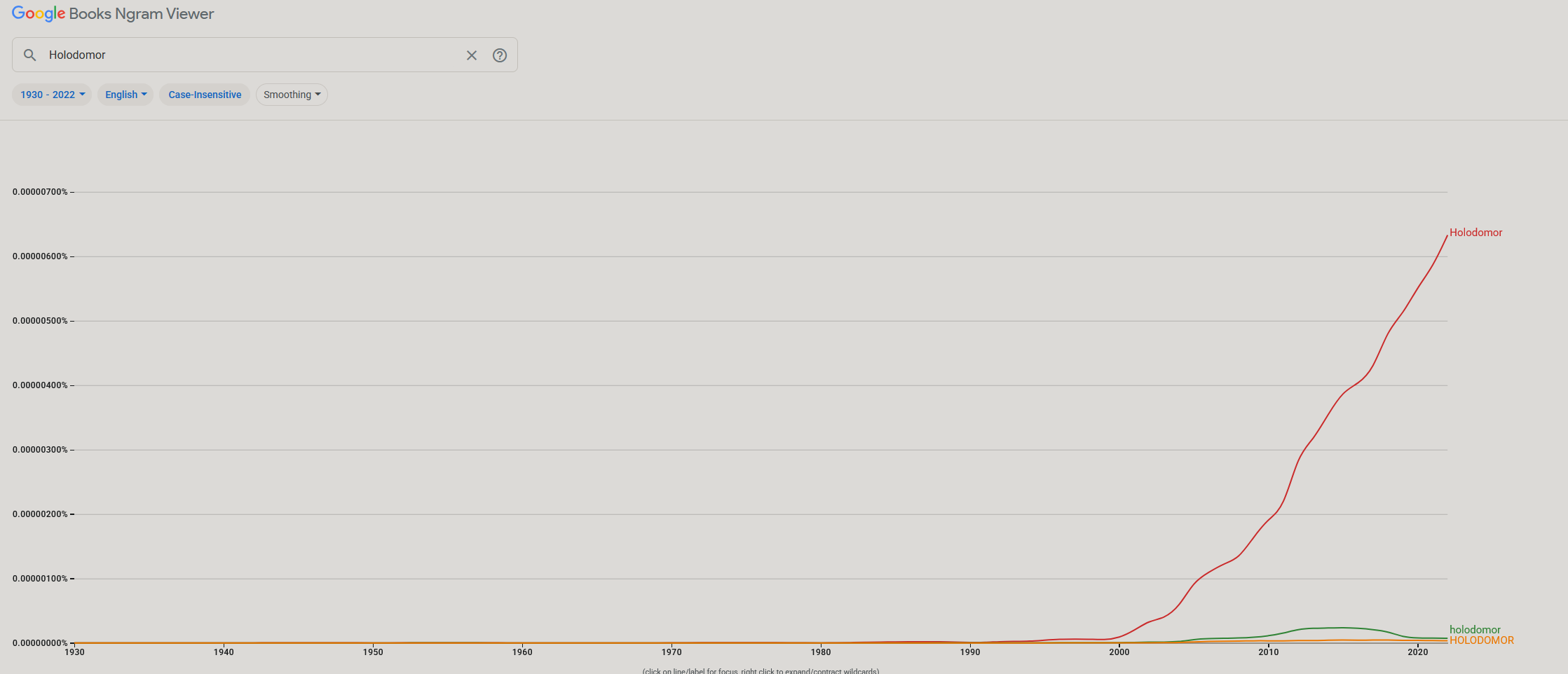
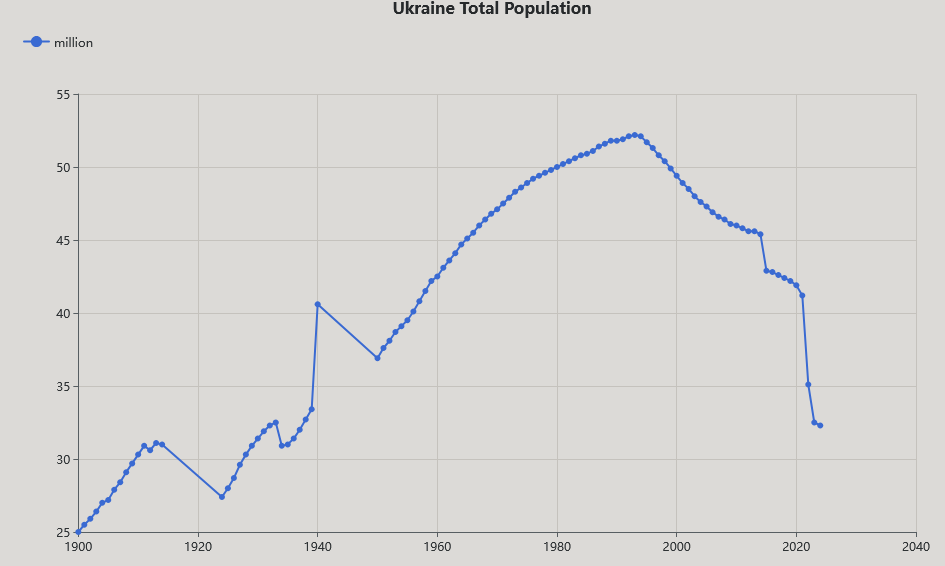
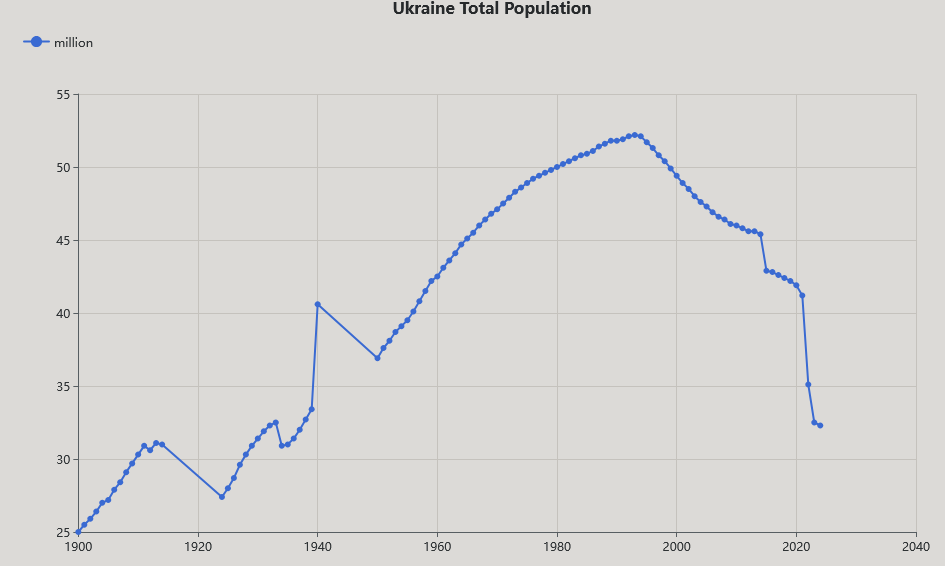
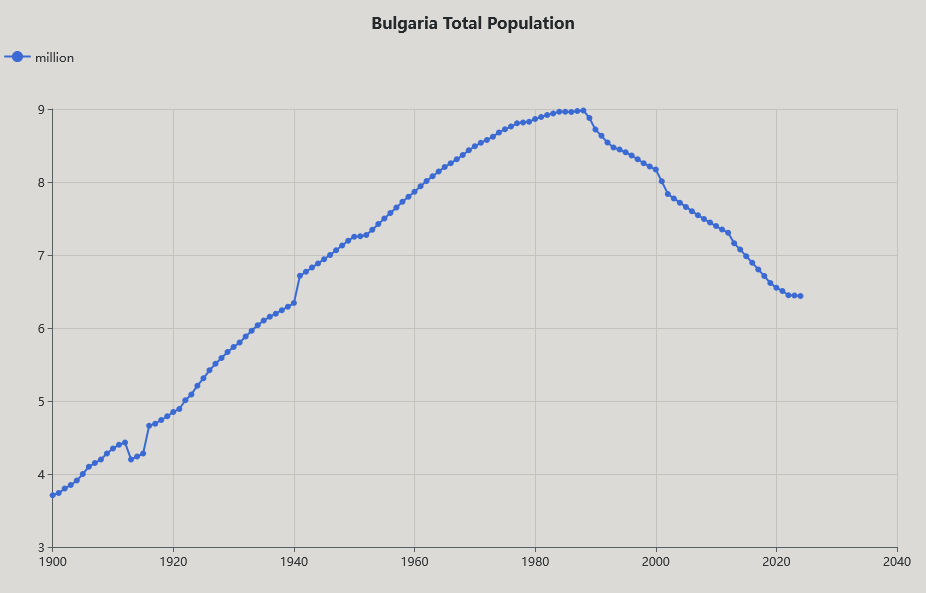
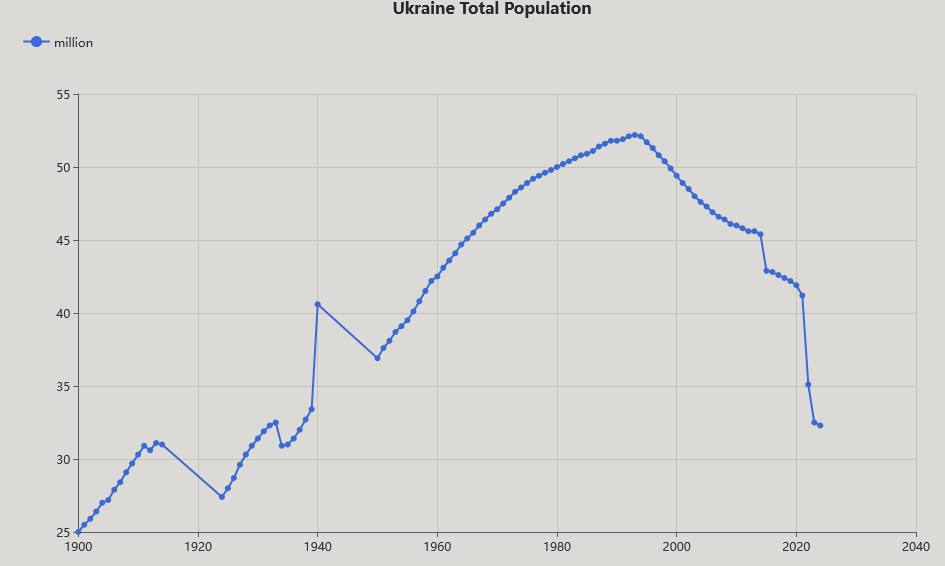
To my understanding, the way communists understand “the state” that they want dismantled, is the structures of power of class repression. Communists (myself included) define the state in capitalism as the set of institutions that maintain the repression on workers that enables the domination by capitalists. When we talk of the dictatorship of the proletariat, we simply mean that the state, instead of maintaining the repression against workers, is turned around and instead represses the capitalists to maintain the workers in power (which we see as desirable since workers are the majority and our goal is the elimination of the capitalist class and hence all class relations). The elimination of the state in end-goal communism, the way I see it, is about not needing anymore those structures to repress capitalists because capitalism has been thoroughly eliminated and history has progressed beyond it, in the same way that Europe hasn’t fallen back to feudalism because it was made obsolete by capitalism. This doesn’t mean, however, that all institutions are dismantled. Representative bodies, associations of technicians and specialists in one way or the other (research insitutes, healthcare, meteorology… you name it), and other types of institutions that we associate with modern states would still exist. Many of these imply political power: a higher-up of a research institution in nuclear power will obviously have some higher degree of decision-making over energy policy than your average citizen.
I don’t think communism and democracy aim at the same outcome. Democracy as a concept doesn’t explicitly aim to the elimination of class in society, and communism does, for example.
Do you have any comment on my insights on guaranteeing of human rights by historic socialist nations?